Story Number Thirteen and an Answer
DAY THIRTEEN…
First off, got the fifth Strengths workshop now available. It is the Strengths Business Two workshop. The last of the six workshops will be done and available by Monday.
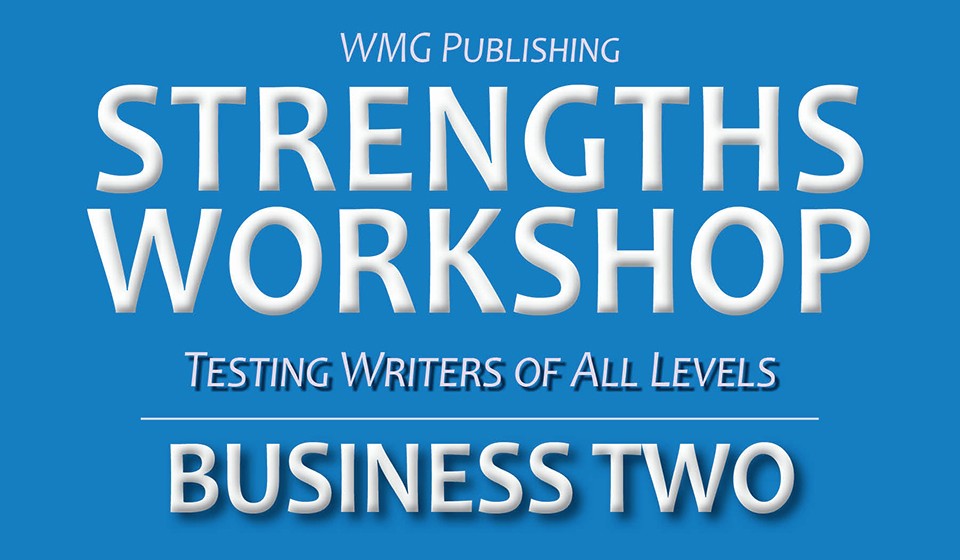
Everyone who has signed up for all of the workshops should have gotten the code from me tonight. If you did not, write me.
Remember, if you want to take all six (over as long a period as you want) you can sign up for all of them and get one free, plus one online workshop for free as well. So for $1,500, you get all six strengths workshops to go through at your own speed and one online workshop of your choice to take at any time you want.
Remember, at some point we will cut off sign-ups for the Strength workshops. They will always be there for those who have taken it, just won’t take new sign-ups.
Write me if interested. These Strength workshops are turning out better than we had hoped. And if you want to only try one, just click on one of the images to the right to go to Teachable. You can buy them one-at-a-time there.
And yes, you can take as a free workshop the new online workshop How to Edit Your Own Work.
I got a really great comment today about that workshop, which we are going forward with without doubt now.
Normally when someone writes something like this to me, I try to just not say anything. Too many myths involved to fight with a single answer.
But since Kris and I are going to go straight into the face of a bunch of really hard myths and beliefs with this new workshop to try to help people, I figured this comment would be a good one to sort of give a hint at some of the issues that we will deal with in the workshop.
Here is the comment.
I think a lot of us don’t really understand the difference between re-writing and editing and just making a mess of things. I understand the need to always write in creative voice. I even understand that I write better when I don’t ‘polish’ so much (because Dean told me so in the Depth workshop). And while I would love to be able to write clean draft the first time that is a skill level I have yet to reach. I am about to embark on re-drafting a very messy first draft of a novel.
So let me try to take this one point at a time.
— There is a massive difference, the width of a grand canyon, between editing and rewriting. In the workshop, we will show how those are so far apart and doing one can hurt you while editing in the right manner can help your work.
Kris and I DO NOT TEACH rewriting. As I said, this will not be a rewriting workshop.
— The comment was correct that to create, you need to be in creative voice. Critical rewriting voice is not a creative tool, even though many make it painfully into one.
— The commenter used the term polish. “Polish” is a term that has come about in the last decade. It means in writing to “rub off all the originality and make it like everything else.”
Sameness never sells, so when I hear a writer talking about polishing, I shudder. And as an editor, I can see a polished manuscript from across a room. And that ain’t a good thing. Boring sameness, polished, never sells.
— Next, the commenter wished they could write clean draft, but felt that was a skill level out of reach. HUGE MYTH. Any writer, beginner, ten novelist, or long-term expert can write clean first drafts. It is not a skill. It is simply something you can learn. No skill to it and we will show you how to do it in the workshop.
If you have learned how to walk through a house without tracking mud every time, you can learn how to write clean copy.
But this myth of having to write sloppy, mistake-filled first drafts to be creative is a horrid myth that kills more writing than anything I have seen. Because after you write sloppy, you must go back in critical voice and ruin your work.
— Then the commenter sent shudders down my back when mentioning “re-drafting a very messy first draft.” Let me simply say “Yikes!!”
First off, I want to ask the question of which bestselling novelist with thirty or forty or more books told you it needed to be fixed? None I will bet. In fact, chances are the commenter’s fear and worry are the only guide. Or some first reader with no experience. Just guessing. But my shuddering leaves me to think that.
Think how much better the book would be in the end if it was just copyedited to clean up typos, and put out to sell and the author moved on and wrote another book, clean first draft.
This need to re-draft without any expert guidance (not some book doctor either) is fear talking. Nothing more. And a really nasty killer problem of needing something to be “perfect.” Kris did an entire book on this topic called The Pursuit of Perfection. It is a deadly problem.
So does this commenter need this How to Editor Your Own work workshop? Oh, heavens, yes. Just to clear out the myths and to gain confidence. Not counting how much more new work this commenter will get done without having to always turn around and go back and clean up what should have been done the first time.
And those few things about this one comment are just a tiny slice of the six weeks. As I said when we announced this, maybe the most intensive information workshop we have done so far.
Here at the Covers and Stories for the April challenge.
STORIES FROM APRIL
Story #1… April 1… Not Easy to Kill the Light Next Door… 1,700 words
Story #2… April 2… A Reason to Play a Hunch… 3,200 words
Story #3… April 3… A Deal at the End of Time… 3,000 words
Story #4… April 4… A Nice Place for Murder… 3,400 words
Story #5… April 5… The Five Roads Tavern and Eatery …3,200 words
Story #6… April 6… The Last Short Putt of a Fearful Man …2,200 words
Story #7… April 7… The Wait …1,200 words
Story #8… April 8… Through the For Sale Sign …2,500 words
Story #9… April 9… Blind Date …4,100 words
Story #10… April 10… Keep Hoping for a New Tomorrow …1,700 words
Story #11… April 11… That Old Tingling …3,200 words
Story #12… April 12… The Last Man …2,500 words
Story #13… April 13… Smile …2,700 words
(Plus six novel starts so far…)
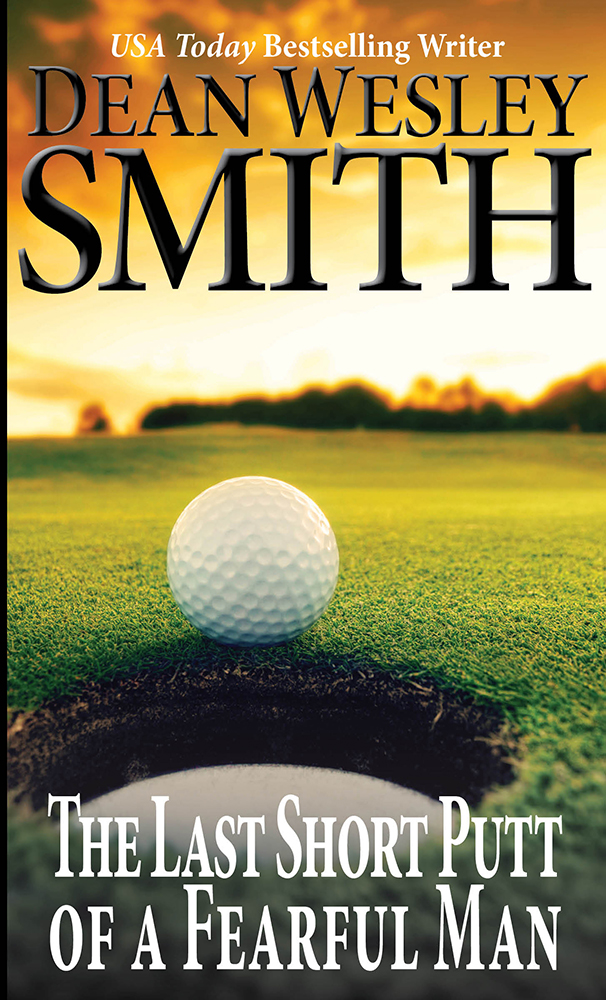
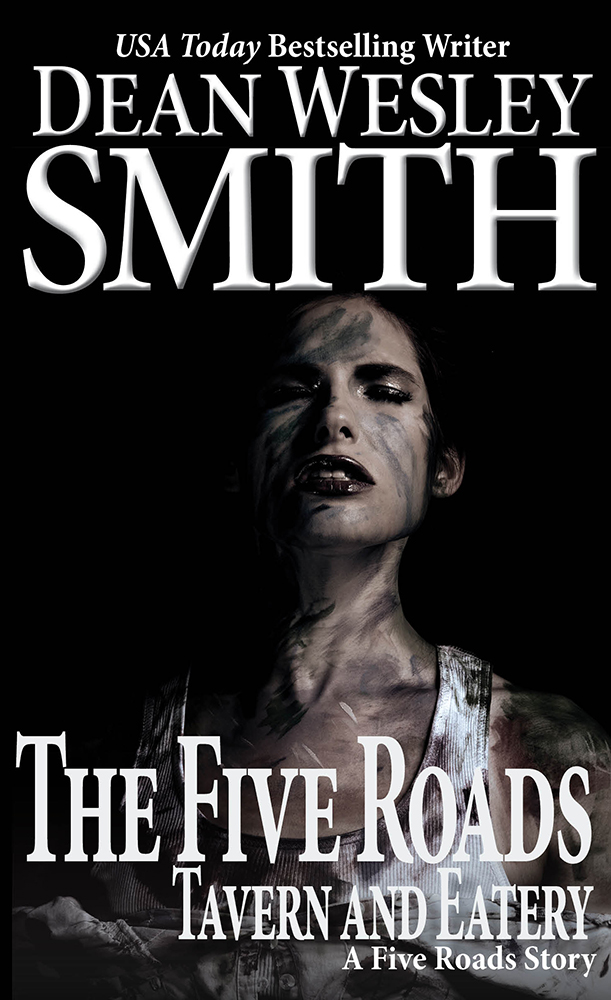
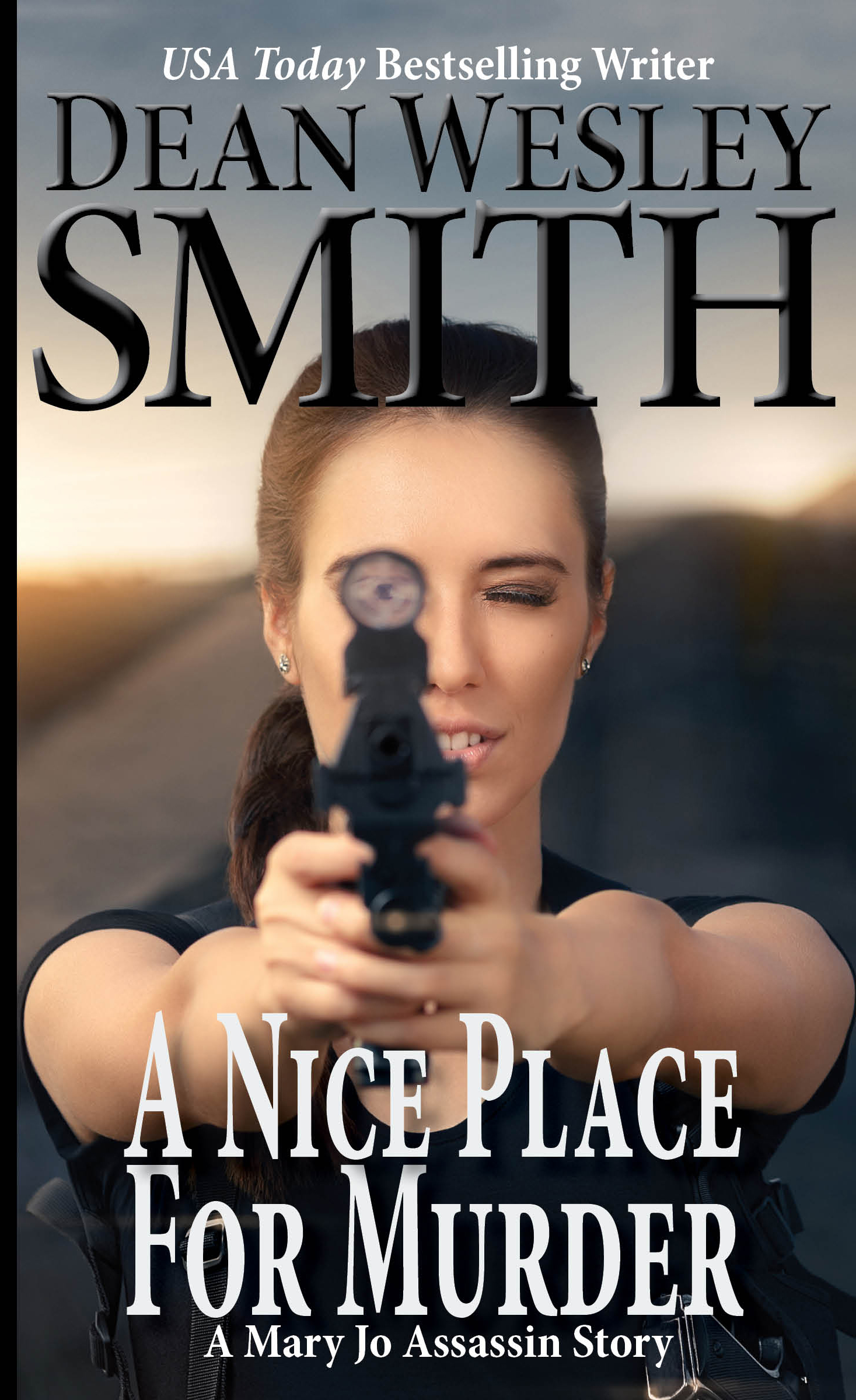
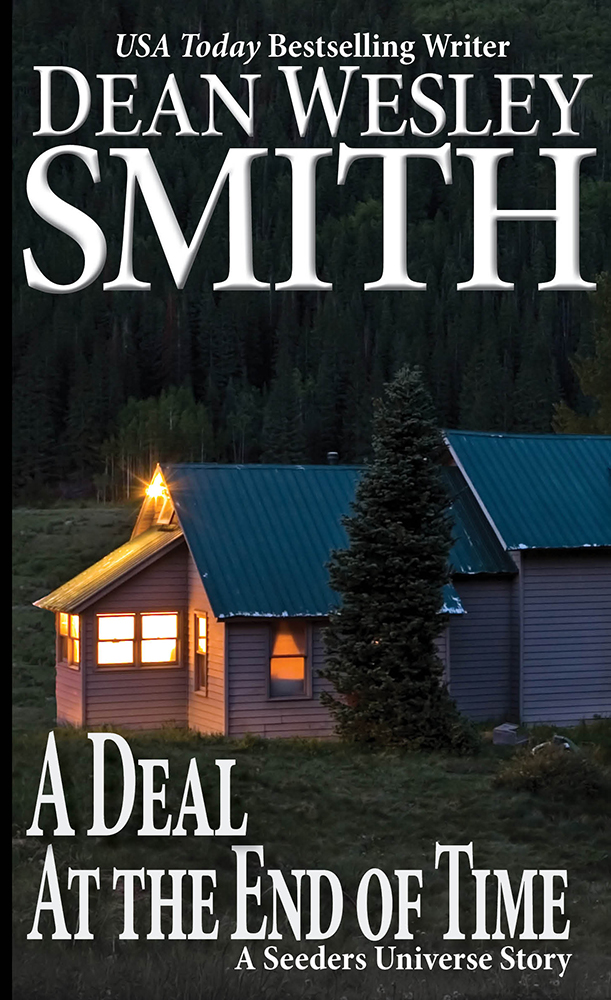
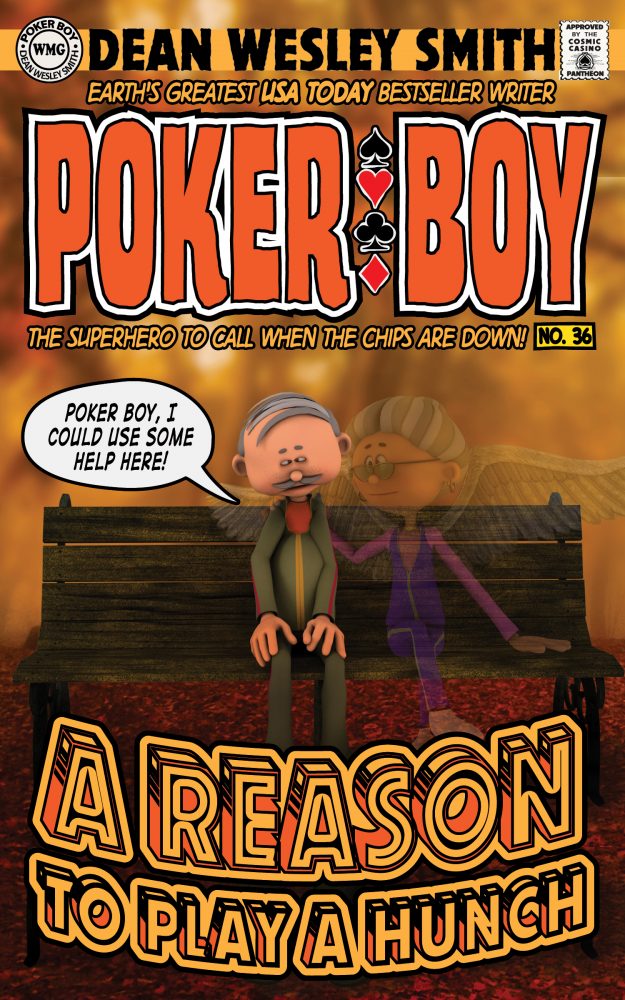
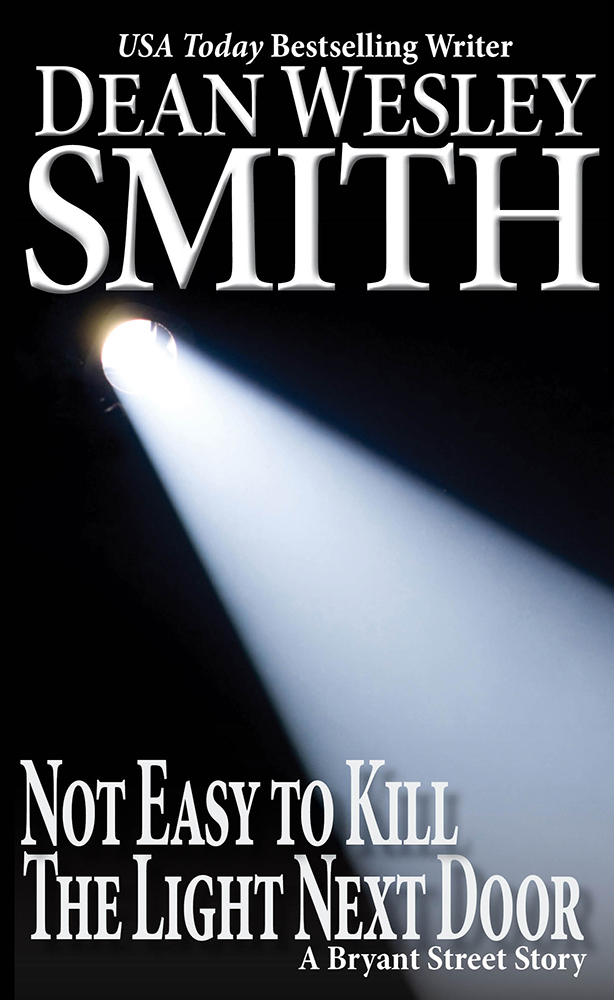
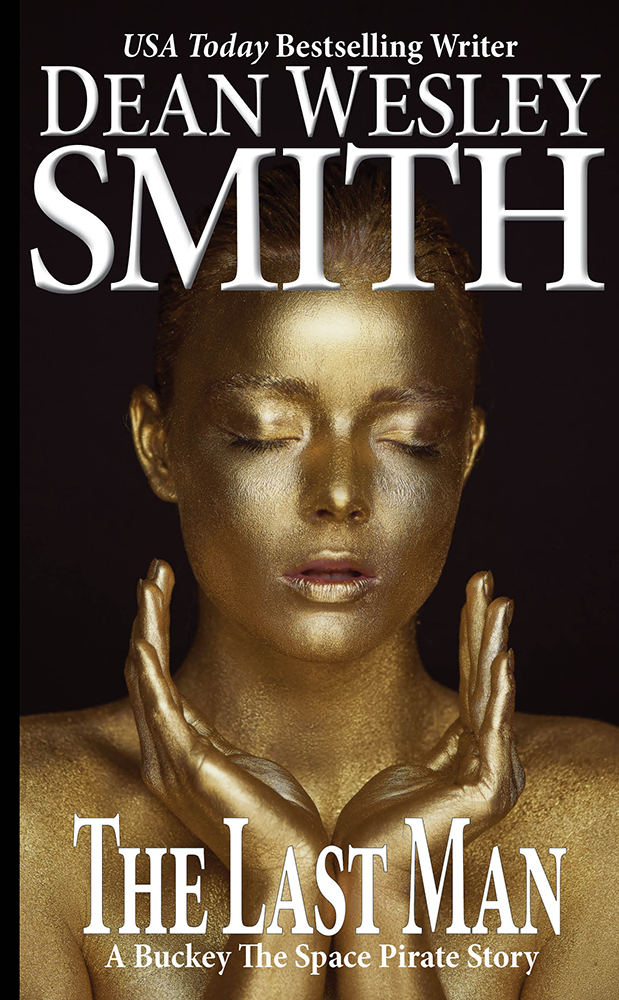
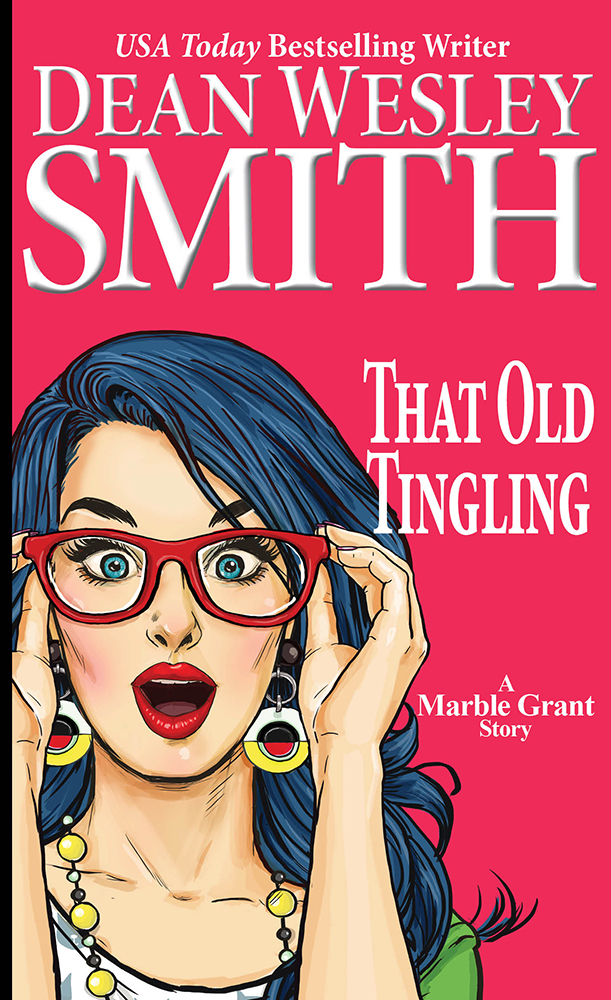
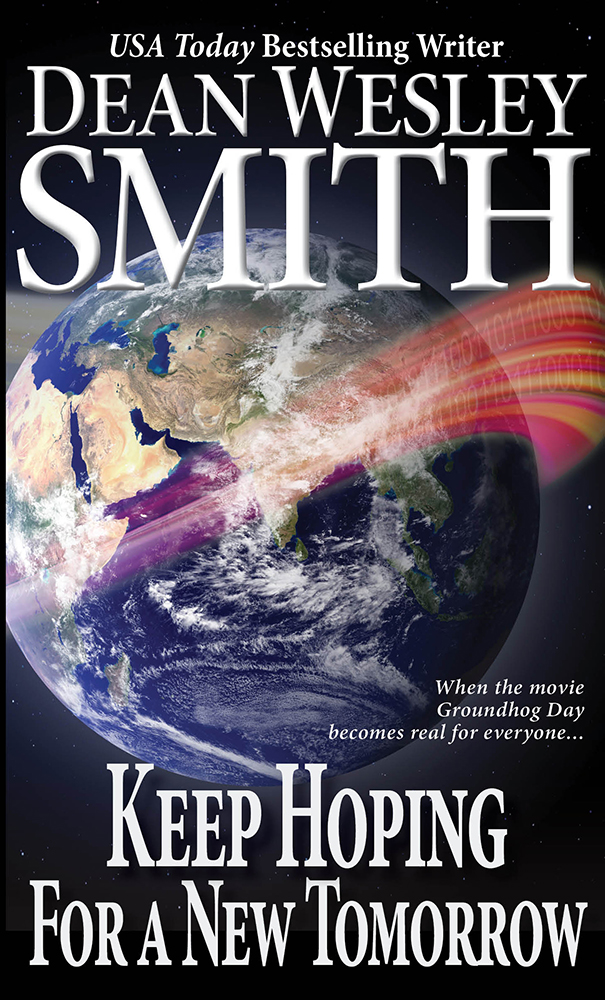
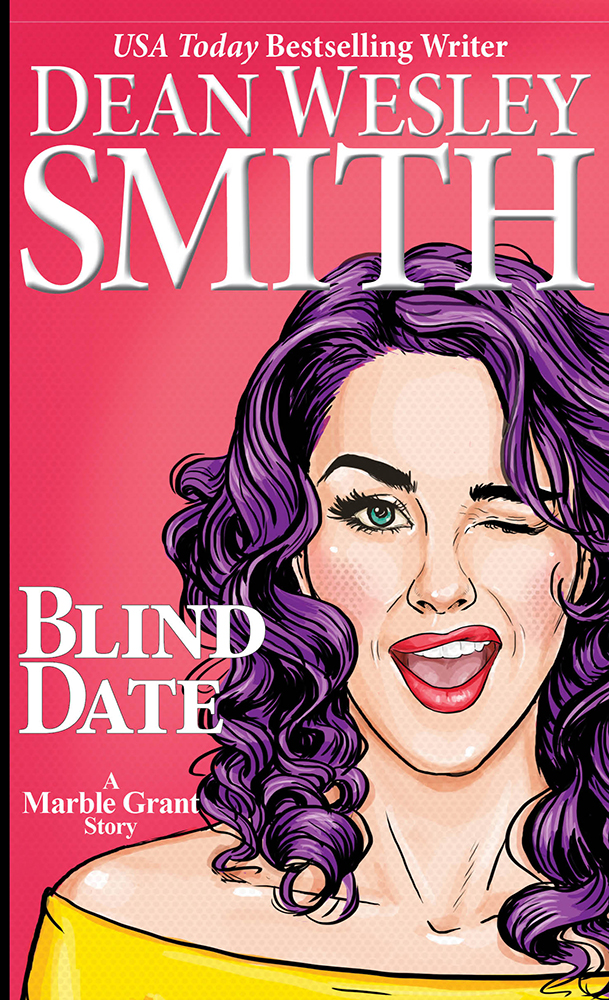
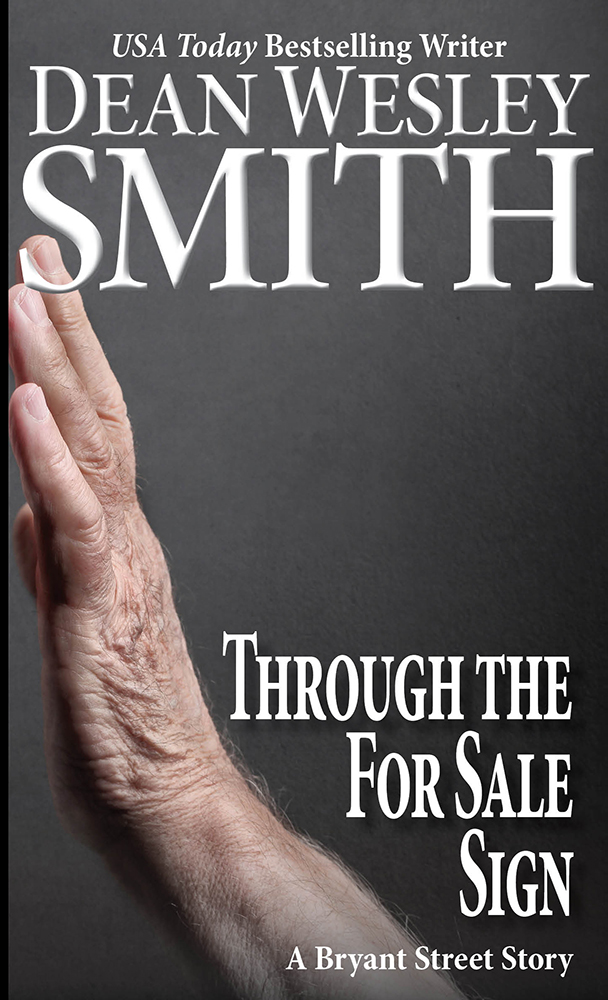
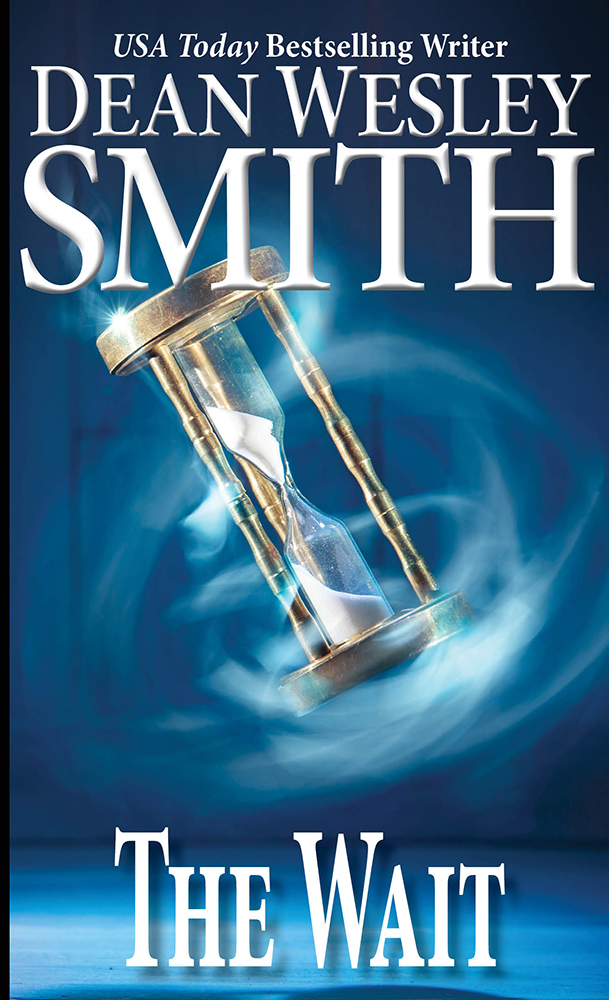
—-
May ONLINE Workshops
All May online workshops are available and have openings.
ALSO, the workshop schedule through August is now posted. You can sign up ahead for any workshop you want through August.
So for information on how to sign up, go to…
www.wmgpublishingworkshops.com
Any questions at all, feel free to write me. And if you are confused as to which workshop to take first, we have a full curriculum posted on its own page.
Class #41… May 2nd … Author Voice
Class #42… May 2nd … Business
Class #43… May 2nd … Endings
Class #44… May 2nd … Writing Fiction Sales Copy
Class #45… May 2nd … Writing and Selling Short Stories
Class #46… May 3rd … Depth in Writing
Class #47… May 3rd … Advanced Character and Dialog
Class #48… May 3rd … Cliffhangers
Class #49… May 3rd … How To Edit Your Own Work (new)
Class #50… May 3rd … Plotting with Depth
————-
Tracking Running… April 13th, 2017
4 miles. No running.
Weight 194. (Goal 170)
Month to date distance: 47 miles
————–
Tracking Word Counts… April 13th, 2017
Totals For Year 4, Month 9, Day 13 (Year started August)
Writing in Public blog streak… Day 1,302
— Daily Fiction: 2,700 original words. Fiction month-to-date: 30,700 words
— Nonfiction: 00 new words. Nonfiction month-to-date total: 1,000 words
— Blog Posts: 1,100 new words. Blog month-to-date word count: 9,400 words
— E-mail: 24 e-mails. Approx. 1,200 original words. E-mails month-to date: 367 e-mails. Approx. 23,500 words
— Short Fiction Goal: 120 stories (July 1st to June 30th). Stories to date: 21 stories.
— Novel Goal: 12 Novels. Novels finished to date: 5 novels.
———-
You can support this ongoing blog at Patreon on a monthly basis. Not per post. Just click on the Patreon image. Thanks for your support.

18 Comments
Vera Soroka
I just read a interview by a favorite author. I guess I can call her that. She’s only written one book. It was a NANO book and she decided to try to publish it. She rewrote the thing to death and when she got an agent, he made her rewrite it to death before he felt it was time to put it out and when she did get a publisher, guess what, they made her rewrite some more. She used all the words that make you cringe like polish.
This book was very different and her voice is different despite the rewrites. She did very well on this book that was written five years ago.. She has written another one but is now rewriting it and shaping it into a novel. God knows when we will get to see it. I will probably buy it as I do adore her but her writing of a novel is just plain painful and we are all different in the way we do,things but when you read what she did to please the trads, I get hives.
dwsmith
Vera, made me shudder as well. Poor person locked so down into the myths. Writing must be hard, must be rewritten to death, must be slow… Sigh, just in your post I think the woman hit three or four major sacred cows. There will not be a third book from her, I can promise you that. It is too painful to her and doing it that way, I sure understand. I would never write either if I had to do it that way.
Harvey
Sigh. When I read about a writer like this, no matter how good the book was, I always wonder how much better it might have been if the writer had trusted her subconscious to Just Tell The Story.
Kate Pavelle
Ooh, I’m really looking forward to the Self-Editing Workshop. From what I read above, it sounds like I should chuck my husband’s effort at a copy-edit, because he is congenitally unable to leave well enough alone. Seriously, the track changes are so cluttered with suggestions and rewrites that I can barely follow them. I’d be better off just taking the original spy suspense, having a perfect stranger do a copy edit, and kick it out there. And this is why this poor book has been languishing on my hard drive for over a year. Every time I try to process the edits, I get mad, and defensive, and I feel like drop-kicking the machine through the window 🙂
dwsmith
Yup, take the original copy and give it to a copy editor and get it out there and move on. Only way sanity and marriage stability will be maintained. (grin)
Kate Pavelle
LOL! You’re not kidding. A scary concept: I have learned to write an occasional “sacrificial story” that he may edit to his heart’s content. He does mean well.
Danielle
I think I’d like to take this workshop in the future as well. What happens to me is after finishing a draft and leaving it for a week, I’ll reread it and see a story moment that could be more exciting/dramatic/whatever. Or worse, I’ll see holes in my logistics (timing, location, setting stuff usually). But for these past short stories of mine, through cycling I’ve emphasized what I wanted and just handed it off for a typo check. It’s been very satisfying.
dwsmith
Danielle, yeah, a lot more fun and quicker to the next story, isn’t it?
The old myth about leaving a story for a week is so against how the creative brain works. The creative brain is a two-year-old child. It has an attention span of a nat. The only way you can come back at a story after a week is in critical voice, and the critical voice job is to stop the two-year-old child. It hates the two-year-old child. It wants to lock it in a closet. And so coming back to something after a week will always kill the story. Let the world see the fun of the creative voice.
So glad you are getting past that “put it away” myth.
Danielle
Well, when I come back to it after a week, I approach it like Mike Laurence, below. I read it as a reader (because I’ve usually forgotten what it’s about anyway!) and just fix little continuity/logic/grammatical/spelling probs that jump out. And I’m usually surprised by how good the story is!
I come from the Julia Cameron “Right to Write” school of writing–ignore the critic, lay down track first, trust that the story knows what it’s doing (so if some weird image pops up, leave it in, because the story’s got a plan for it), then go back and see where/if the track hiccups anywhere.
I’ve found that if I trust the writing, there’s usually not too many hiccups.
In other words, I think I’ve gotten past the “noodling” habit. But I still want to see what other methods are out there.
(For a long time I found it odd in her book “Right to Write” that she only had one chapter on editing. But now I’m starting to wonder if there was a reason for that…!)
dwsmith
Yeah, the reason she only had one chapter was how dangerous this topic is. It is the reason Kris and I have not tackled this before now and were so willing to just cut and run when there didn’t seem like a lot of interest. (grin) But we are committed to going into this buzz saw now. Should be entertaining, if nothing else. (grin)
Thanks for the comments. Appreciated.
Mike Lawrence
Based on the excruciating pain of fourth-guessing my previous three novels and the ideas I’ve learned here, my approach to editing on my last book (just a novella really) was a very simple affair. I wrote it in about two weeks and then fixed typos, spelling and a few (as in two or three) grammatical errors that just didn’t make sense. I then fixed a few (again, two or three) continuity and logic errors. And that’s it. Things I did not fix:
-Anything that went on “too long.” My creative writer self had a reason for going into the detail it did and for digging into scenes and sequences the way it did. And it all served to build up the emotional tension of my hero’s ordeal. So I left it the hell alone. It was originally supposed to be a short story and turned out to be a 25K novella. That’s what my writer mind needed for this particular story. OK.
-Anything that was repetitive, guilded lilies, stage directions, expository instead of narrative, et al. I left that all alone because, again, my writer mind had a reason for doing these things. So I trusted it.
-Anything that was groping hard for metaphorical impact. My writing really does have a Bradburian influence that comes naturally. And I really let it fly this time. My critical mind was very hesitant afterwards. But I didn’t fix a single word. Writer mind had a reason for all that. So I trusted it.
-Anything else my critical mind flagged but couldn’t explain. Well, if you can’t explain it, leave it the hell alone.
Then I read the story front to back – as a *reader*. And I enjoyed it. I found myself caught up in it and feeling all misty-eyed in the end. And I discovered what I had written was a fairly gripping psychological thriller. Had no idea that’s what I was doing until it was finished. Well, if I enjoyed reading it, then maybe it’s a story somebody else will enjoy reading.
Then I published it.
And this process resulted in a very interesting epiphany. All stories have a limited audience, even Fifty Shades of This That and the Other. I truly believe that the more we fix a story, the more we diminish the size of its natural audience. But, in most cases, the natural audience for a particular story is probably pretty small. Well, that’s OK. It only took two weeks. Honestly, no big deal. But why deprive that audience of the authentic experience my writer self created for the sake of making it “better?” Better for who? Once I realized my writer self had worked really hard to make this story the best version it could muster, I realized that I can’t force it to be any better than that. It really is the best it can be as is. And sure, that’s limited by my current ability, knowledge and skills as a storyteller. But revising the living hell out of it isn’t going to change any of that. Letting my writer self continue to learn, grow and hone its craft, will. Revision is an attempt to *bypass* that process. Ahhh! It’s a cheat. We all have this idea that we can hone our work into a wide-sale commercially viable product. It’s probably a damn fine economy sedan. Quit trying to make it into a Lamborghini. When your writer mind is ready, it will create a Lamborghini for you. Until then, let it create… whatever it can. It really is doing it’s best. Let it. Trust it.
Harvey
“Better for who?”
Nailed it.
And “trust the writer mind.”
Nailed it again.
Sounds like a breakthrough to me. 🙂
Harvey
I’ve learned SO much from DWS that recently I realized I’d overshot the runway.
After writing the opening for my 27th novel (I had to stop, go back and count), I suddenly realized I hadn’t published the last one or two, finished within the past month.
When I went back and looked, actually I hadn’t published the last three.
So I took a morning “off” from having fun, created covers and promo docs and published those three, then went back to my WIP.
Thanks, Dean.
dwsmith
Ain’t that fun, Harvey? I love it when the writing wins like that with me.
Harvey
That would be a massive UmYup.
Denise
On the editing workshop: Is this something that would be good for the *editor* as well as for a writer? Would it help me learn how to nurture my (young beginner) writer’s voice while I help her learn the things she needs to notice as she’s cycling through her stories?
dwsmith
Oh, lots and lots of that, Denise. Nothing critical in this workshop. Just ways to help in a positive mode. In fact, this will be all positive advice, positive methods, work-efficient methods and systems and techniques. So looked at in the language you used, lots of “nurturing.”
Denise
Sounds great! I’ll have to add this to my To-Do list, for after I finish the Strengths workshops.